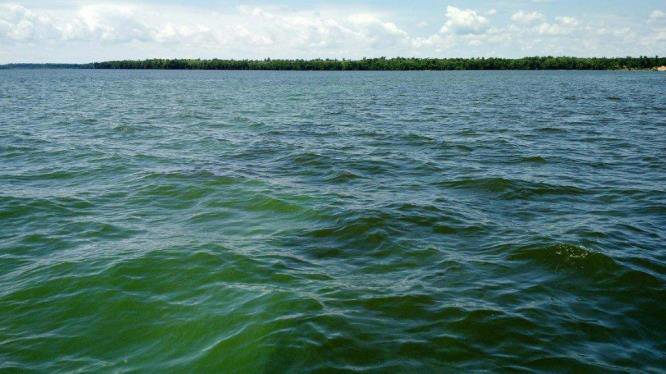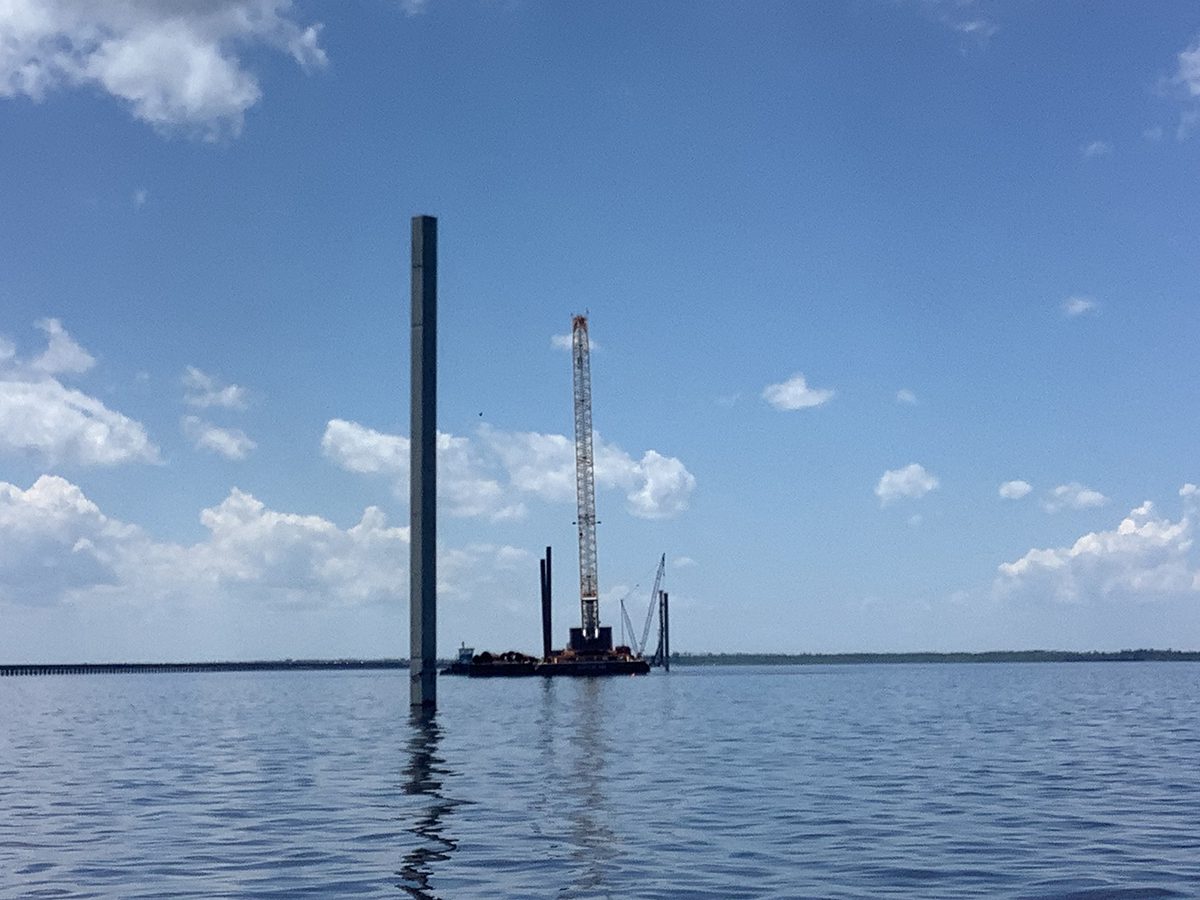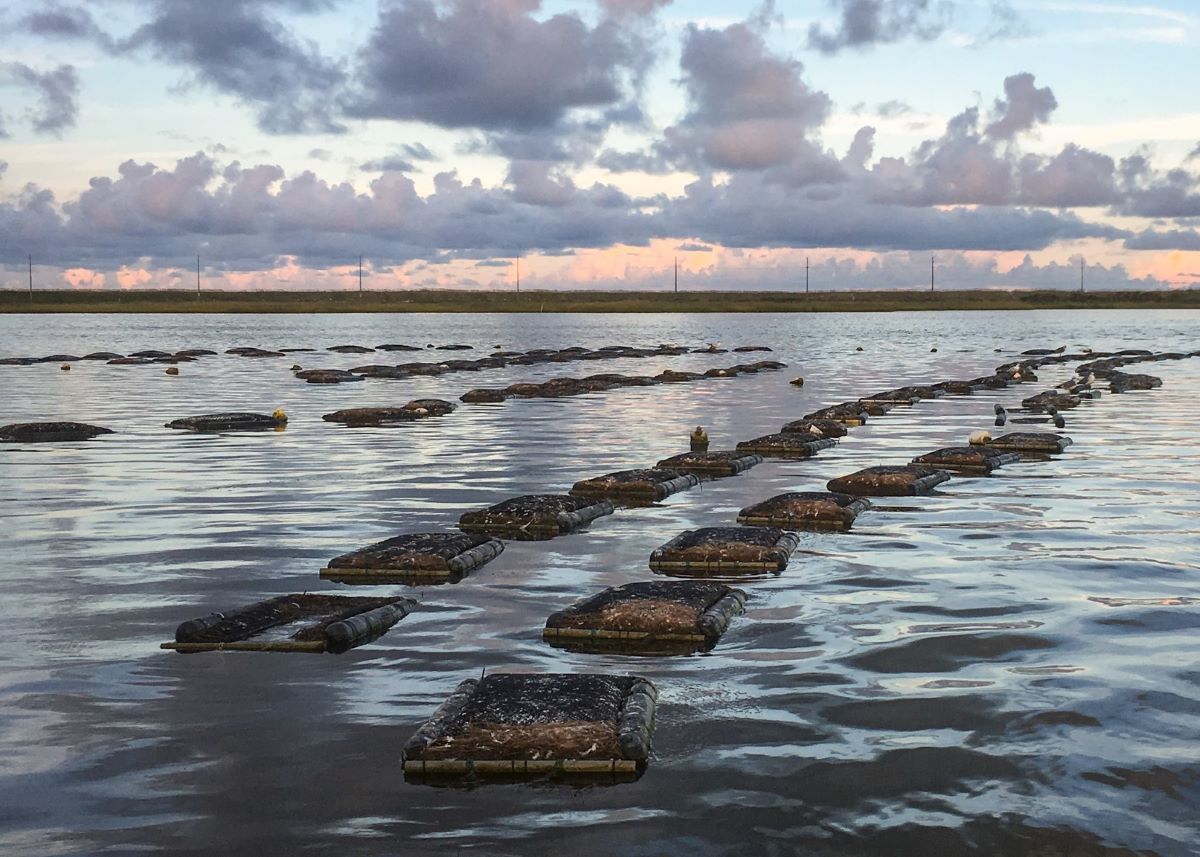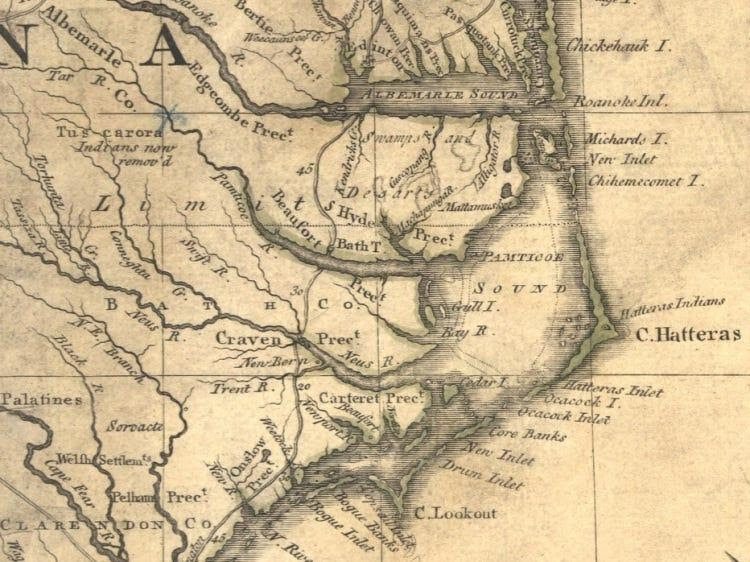
There’s a new online tool to help identify when a harmful algal bloom may be forming where people swim, fish and boat.
The Environmental Protection Agency announced Thursday the release of the new CyANWeb app developed for federal, state, tribal, local governments and other users to help monitor water quality and can be accessed using a computer, tablet, smartphone and most other internet-browsing devices.
Sponsor Spotlight
Cyanobacteria, or blue-green algae, occur naturally in many water bodies. When the algae multiply, potentially toxic harmful algal blooms can form, leading to an increase in drinking water treatment costs for communities and affecting lakes and other recreational areas.
CyANWeb was developed by the Cyanobacteria Assessment Network, or CyAN, with input from users across the country, to make cyanobacteria satellite data more accessible to water quality managers, communities, and anyone interested in knowing more about water quality in their area.
The tool uses historical and current satellite data to develop daily and weekly images that serve as an early warning system. Users are alerted based on specific changes in water color in more than 2,000 of the largest lakes and reservoirs in the country, according to the EPA.
The app uses satellite data only available previously in the CyAN Android app that the EPA released in 2019. CyAN Android is in the Google Play store for Android devices.
Sponsor Spotlight
“Making this satellite data available across more platforms will improve our ability to respond to harmful algal blooms,” said Jennifer Orme-Zavaleta, acting assistant administrator for EPA’s Office of Research and Development, in a statement. “The release of this update is another step towards ensuring the quality of our nation’s drinking and recreational waters.”
EPA researchers developed CyANWeb as the latest effort stemming from the CyAN partnership with researchers at the National Aeronautics and Space Administration, the National Oceanic and Atmospheric Administration and the U.S. Geological Survey.







